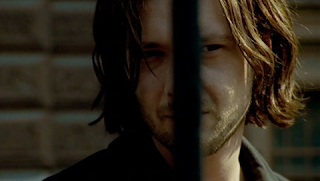
CRIME and PUNISHMENT Part 4, Chapter 2 1. Who are Raskolnikov and Razumikhin going to meet? 2. What are the two of them discussing as they walk to their destination? 3. What word does Raskolnikov use that echoes Svidrigaylov’s conversation earlier? What does that word seem to imply about perception and reality? 4. What are Luzhin’s intentions or motives when he walks into the room at the beginning of the meeting? 5. What information (or gossip) does Luzhin give about Svidrigaylov? 6. What are the differing perceptions regarding Raskolnikov’s gift of money to Katerina? 7. Why did Dounia insist that Raskolnikov attend the meeting with Luzhin? 8. What does Luzhin begin to say about Dounia when it becomes clear that his meeting is not going well? 9. How does Dounia end the meeting? 10. Amazingly, what does Luzhin still think at the end of the meeting?


























